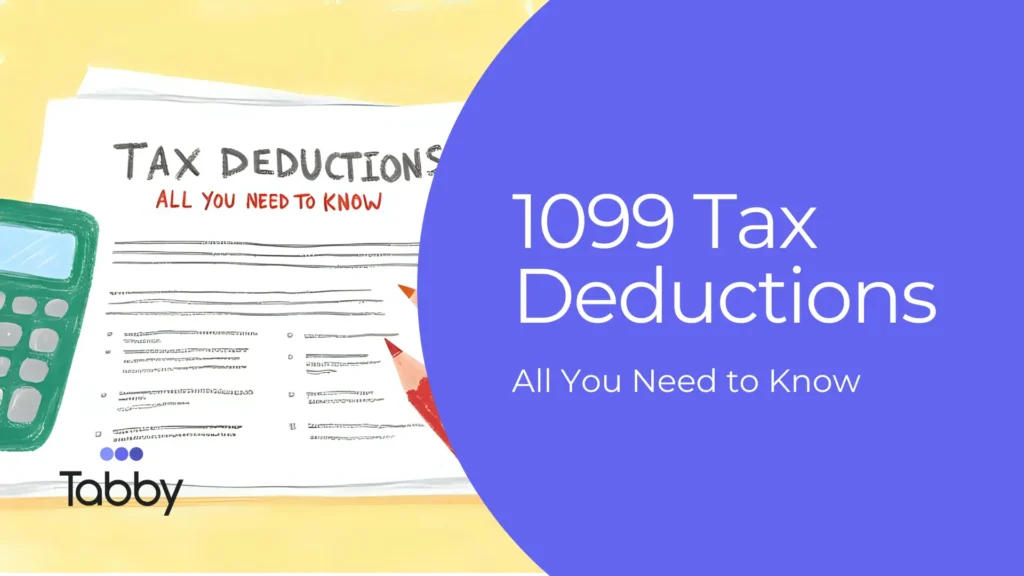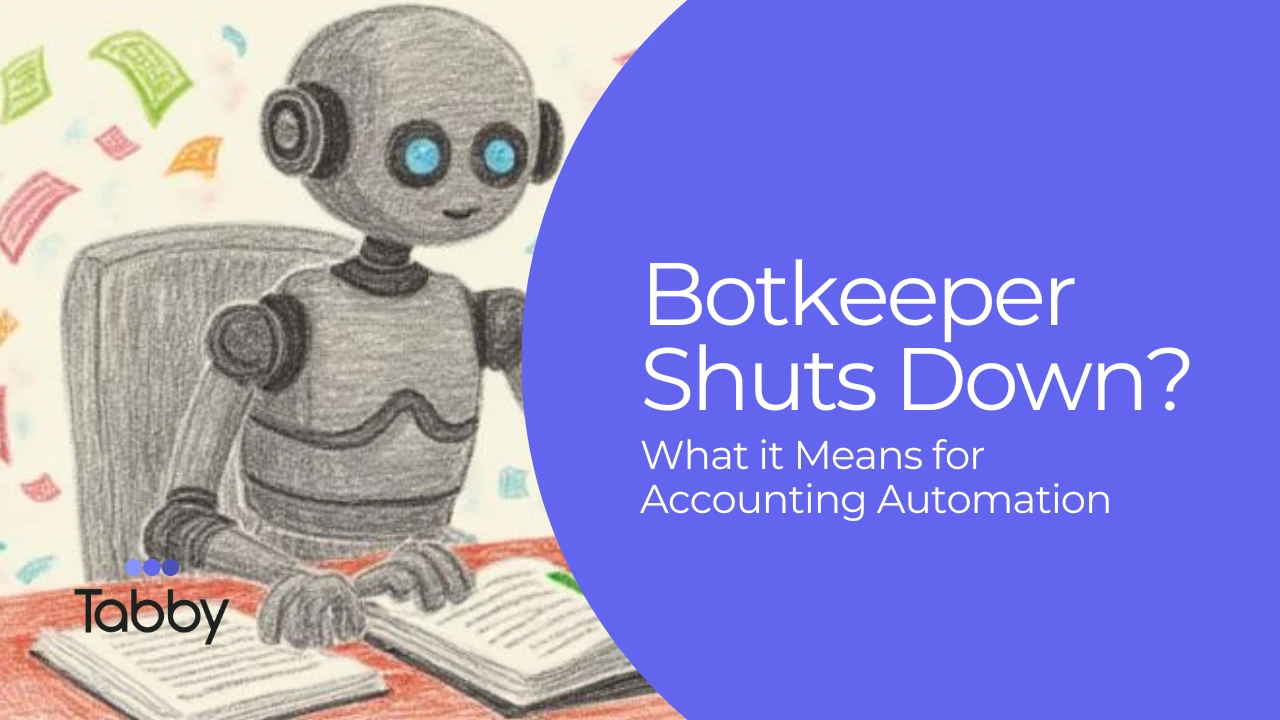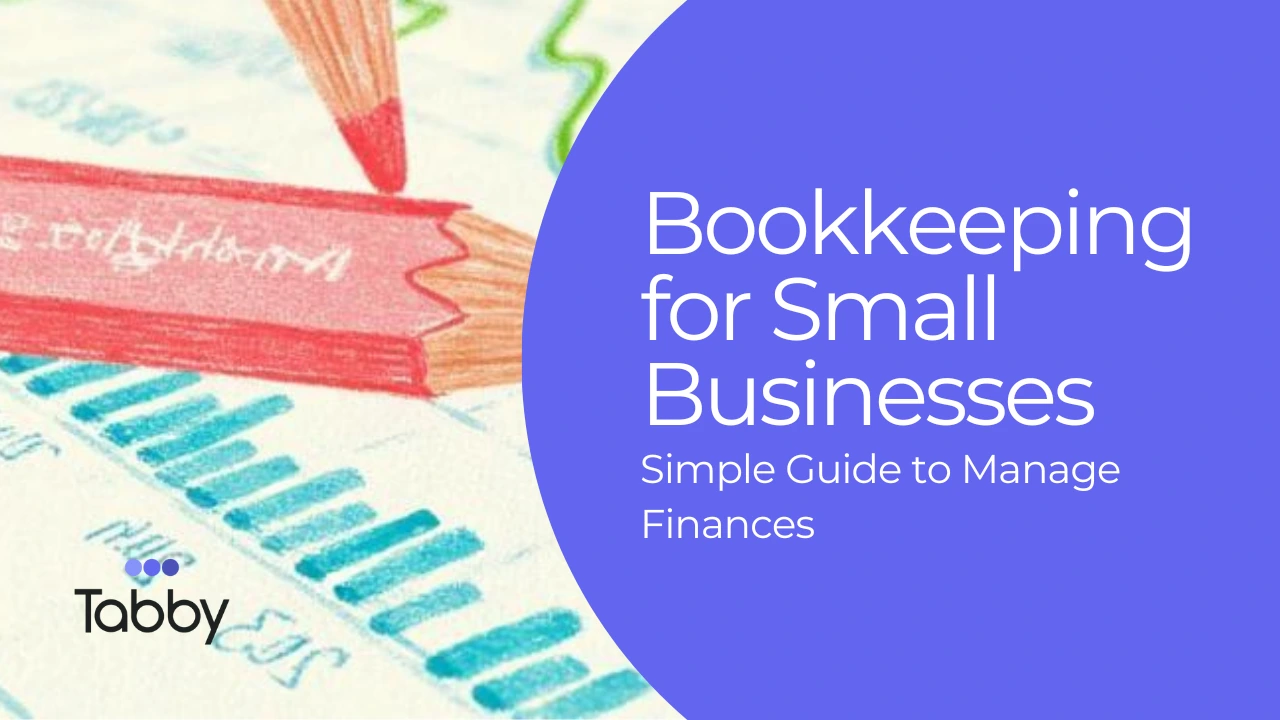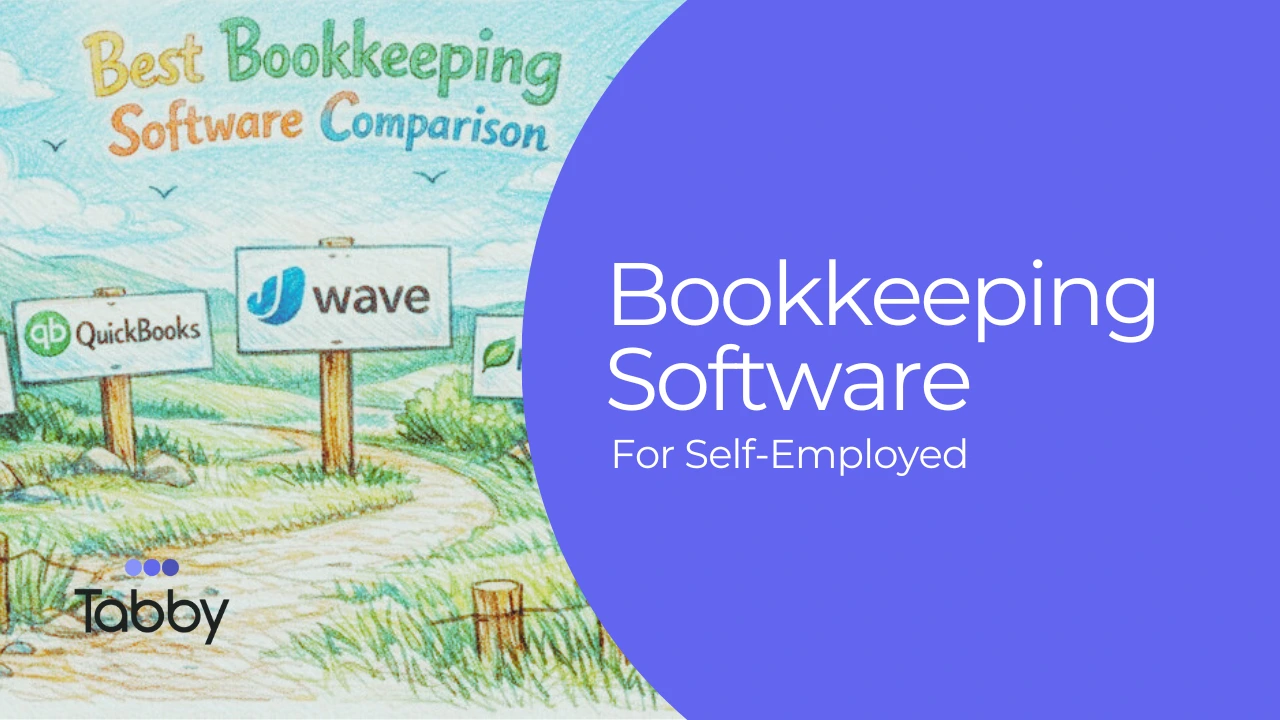If you get paid on a 1099, here’s something I’ll bet money on: you’re paying more tax than you should. Not because you’re doing anything wrong, but because nobody teaches freelancers and contractors what they can actually write off.
I’ve been a CPA for over ten years. Every tax season, I see the same thing. A client walks in with a folder of receipts, maybe some bank statements, maybe just their memory. They think they’ve covered it all. When I go through it, I almost always find deductions they completely missed. Sometimes it’s a few hundred bucks. Sometimes it’s thousands. And that’s money they worked for but gave away because the IRS system is confusing.
What are 1099 Tax Deductions?
The IRS calls them “ordinary and necessary expenses.” That phrase scares people, but all it means is this: if you need it to do your work, it probably counts.
So if you made 60,000 last year freelancing and you had 10,000 in real business costs, you only pay tax on 50,000. That’s the power of deductions. They cut down what the IRS is allowed to tax.
Top 1099 Contractor Tax Deductions
Here are the ones I see missed over and over again:
- Home office: Even a desk in your bedroom qualifies if you use it only for work. Doesn’t need to be fancy.
- Car expenses: Gas, repairs, insurance, parking, tolls. Or you can use mileage instead. Most people only keep gas receipts and throw away the rest.
- Internet and phone: Almost everyone uses these for work. You can deduct part of the bill.
- Supplies and equipment: Laptop, printer ink, a camera if that’s your tool. Even small stuff adds up.
- Software: Zoom, Canva, accounting apps, design tools. Those 10 or 20 dollar charges count.
- Health insurance: If you’re paying out of pocket, this is a big deduction.
- Meals and travel: Meeting a client, going to a conference, travel for work. Not every Starbucks run counts, but a lot of meals do.
- Education: Courses, books, trainings. If it helps you do your job better, it qualifies.
How to Track Deductions Effectively
Most self-employed and contractors know they can write things off, but the real challenge is keeping track of it all. Good recordkeeping is the difference between saving thousands or handing that money over to the IRS.
Here’s how to make it easier on yourself:
Keep Every Receipt
Receipts are your proof. Without them, the IRS can disallow a deduction even if you actually spent the money. Don’t toss small ones. That $15 monthly software charge or a $30 lunch with a client adds up over a year. You can keep physical copies in a folder or scan them into a cloud storage app. What matters is that you have something to show if anyone asks.
Categorize as You Go
When you lump everything together at the end of the year, you’ll miss things. Try sorting expenses into simple categories each month. Think of it like buckets: travel, meals, software, equipment, phone, internet, and so on. It doesn’t need to be perfect, just consistent. When April rolls around, your categories will match what your tax software or CPA uses, and you’ll save hours of sorting through random charges.
Use a Bookkeeping Tool
If you’re not a numbers person, software can do the heavy lifting. App like Tabby automatically imports your transactions, labels them, and keeps digital copies of receipts. That means no more spreadsheets or guessing what a “$42 charge at OfficeMart” was three months ago.
Where People Mess Up
Every April, I see the same mistakes:
- Not tracking things: People think they’ll “remember.” They don’t. By tax time, half is forgotten.
- Mixing personal and business: You buy groceries and printer ink on the same card and now it’s a mess.
- No receipts: The IRS doesn’t care what you say. They care what you can prove.
How Tabby Made It Easier
Firstly, open a separate bank account just for business. Even if you only make a few thousand, do it. It makes everything cleaner.
Second, you connect your bank, it tracks expenses, and it flags deductions you might have missed. Track as you go. Could be a notebook, a spreadsheet, or an app.
Most people stop after a few weeks and fall behind. That’s why I ended up building Tabby. One of my clients told me it felt like free money showing up.
A Quick Story
I had a rideshare driver come in one year with this giant rubber band stack of gas receipts. He thought he had everything nailed down. But when I asked about mileage logs, his phone bill, part of his car insurance, or even tolls, he went blank. He wasn’t doing anything wrong. He just didn’t know what he was allowed to count. He left thousands of dollars off the table every year until we fixed it.
Final Thoughts
If you work for yourself, deductions aren’t some “extra perk.” They’re survival. You already earned the money. The IRS is only supposed to take their share after expenses. If you don’t track those expenses, you’re just handing them more than you owe.So start small. Keep better records. Or use something like Tabby that does it in the background. The important thing is not to let another year go by where you pay taxes on money you could’ve kept.
FAQs
What are the most common deductions?
Home office, car, internet, phone, supplies, software, health insurance, meals, travel, education.
Can I write off part of my bedroom?
Yes, if that space is only used for work.
Do I need receipts?
Yes. Bank statements plus receipts are the cleanest proof.
What if I miss deductions?
You’ll pay more tax than you should, and once the year is closed, that money is gone.



